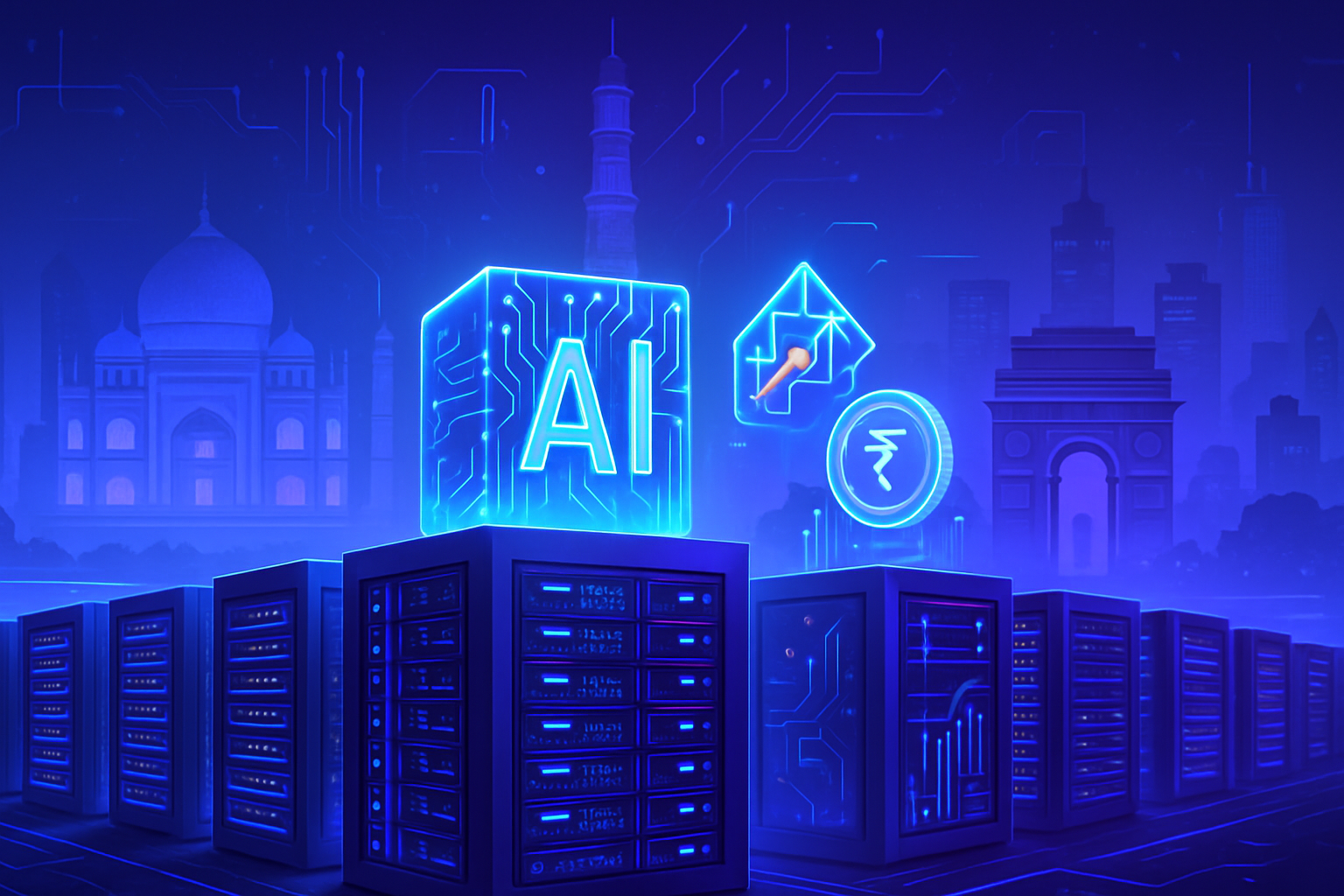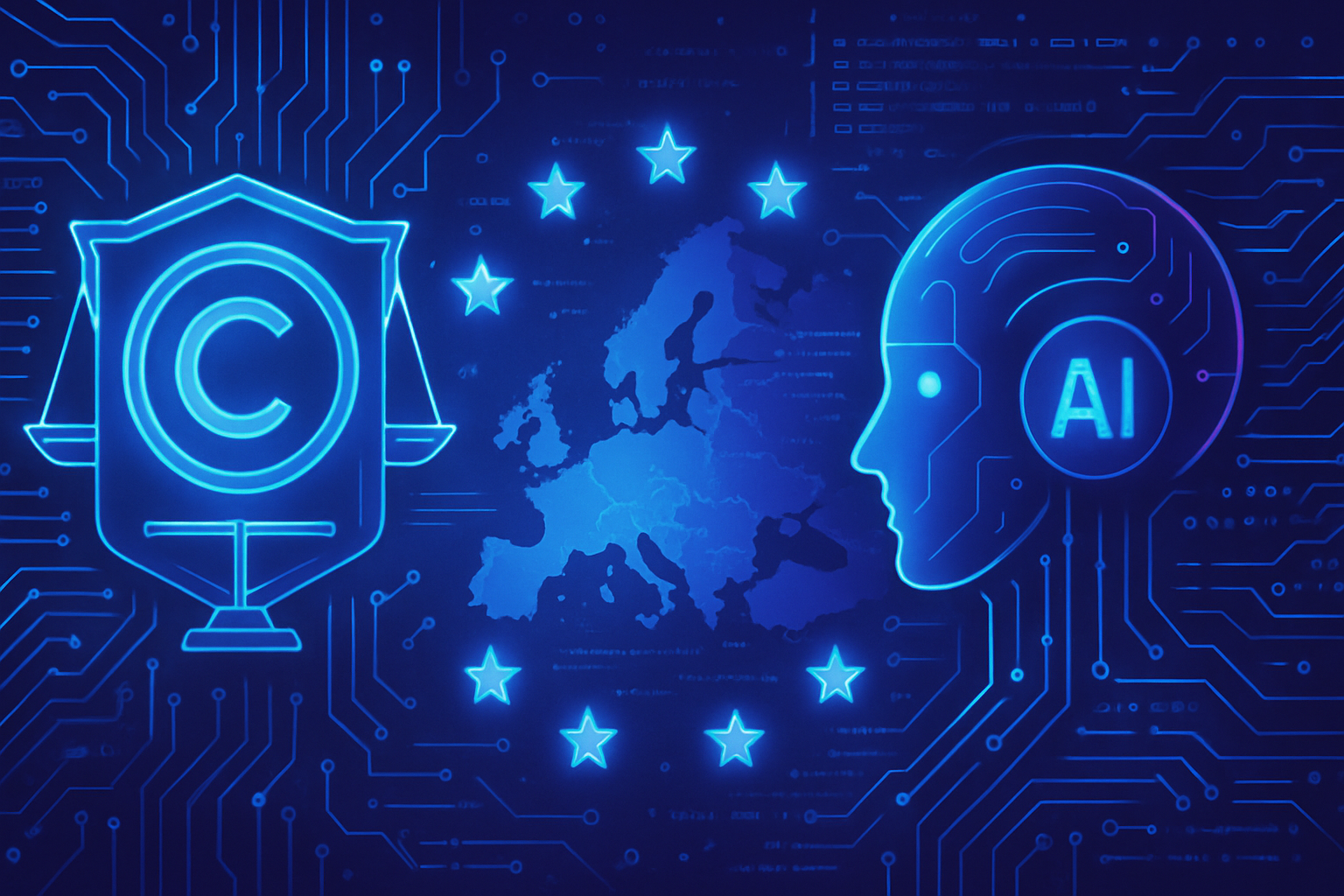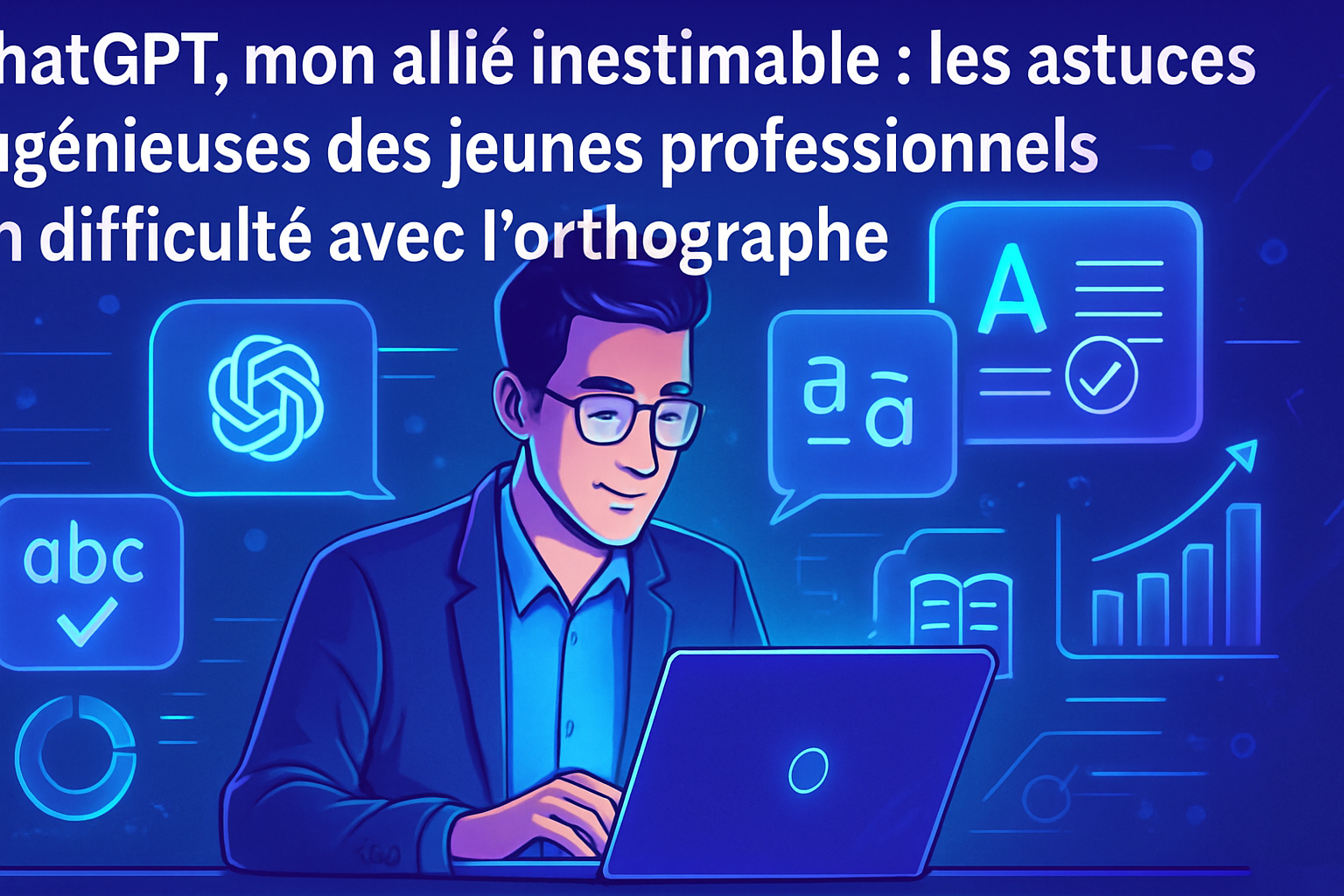Netflix is revolutionizing audiovisual production with its first AI-generated special effects scene. This innovative project achieves stunning results in record time, an unprecedented feat until now. It is essential to analyze the impact of this technological advancement on the film industry, where creativity often requires significant budgets and endless deadlines. Not only does this approach enhance efficiency, but it also questions conventional post-production practices. The implications of Netflix’s choices raise urgent questions about the use of artificial intelligence in the artistic field.
A revolutionary advancement in filmmaking
Netflix recently took a significant step in the use of artificial intelligence by revealing a special effects (VFX) scene fully produced through this means. This remarkable sequence, depicting the collapse of a building, is part of the Argentine science fiction series The Eternauts. This project marks a first for the platform, leveraging the capability of AI to generate final sequences for its original creations.
Unprecedented efficiency
During a quarterly call with investors, Ted Sarandos, co-CEO of Netflix, announced that the use of AI allowed for the creation of this VFX scene in record time. According to his statements, this scene would have required almost ten times more time using traditional VFX tools. “This VFX sequence was completed ten times faster than would have been possible with conventional methods,” he explained. This remarkable efficiency results in substantial cost reductions, a crucial aspect for producing budget-limited projects.
Collaboration with Eyeline Studios
The scene was created in collaboration with Eyeline Studios, Netflix’s internal production and innovation team. The results have garnered admiration from both creators and company executives. Sarandos emphasized that this experience demonstrates the potential of AI not only to reduce production costs but also to bring ambitious ideas to life. “It’s an incredible opportunity to help creators enhance their films and series, not just in terms of costs,” he added.
A tool for creative professionals
Netflix’s position is clear: AI should be seen as a support for artists rather than a substitute for their creativity. Sarandos insisted that AI could become a valuable asset for industry professionals. However, discussions about the role of artificial intelligence in the filmmaking domain remain sensitive. The issue sparked heated debates during the Hollywood strike in 2023, where writers and actors expressed their concerns regarding the implications of AI on their work.
Implications for the entertainment industry
Netflix’s initiative could reignite the dialogue on the responsible use of artificial intelligence in entertainment. Sarandos stated that the company would continue its research into ways to integrate AI into content creation without replacing essential human intervention. Meanwhile, Greg Peters, co-CEO, outlined other potential applications of AI on the platform. He mentioned the possibility of improving user experience by simplifying content search using natural language queries.
Encouraging economic results
This announcement coincided with Netflix’s financial report for the April to June quarter, where the company recorded $11.08 billion in revenue, representing a 16% increase compared to the previous year. This success is partly attributed to popular titles such as Squid Game: The Challenge, which attracted over 122 million views. The enthusiasm for integrating AI into content creation could redefine industry standards.
Promising future prospects
The path taken by Netflix, showcasing the use of AI in film, could inspire other companies. Experts assert that AI will bring significant advancements across various fields. The technology has the potential to optimize production processes, increase creativity, and thus make the financial planning of projects more viable. The debate surrounding AI’s impact on jobs continues, but innovative tools, such as those discussed in Runway, could offer new avenues for human creativity.
Frequently asked questions about Netflix’s AI-generated special effects scene
What is Netflix’s first AI-generated special effects scene?
This scene is an excerpt from the Argentine series The Eternauts, where artificial intelligence technology was used to create visual effects, marking a major advancement in content production through AI.
How did AI technology allow for the rapid creation of this scene?
By using generative AI tools, Netflix was able to produce this scene nearly ten times faster than traditional methods, significantly speeding up the creation process.
What impact does this use of AI have on production costs?
The use of AI has resulted in a significant reduction in production costs, making it possible to create a visually impressive sequence within a limited budget.
What are the implications for content creators with Netflix’s adoption of AI?
This advancement suggests that AI can be a powerful tool to help creators achieve ambitious visions while enhancing the quality of productions, without necessarily replacing human creativity.
Are there concerns related to the use of AI in the film industry?
Yes, significant concerns remain about the impact of AI on the jobs of writers, special effects artists, and other creative professionals, particularly due to fears that technology may replace certain roles.
What other applications of AI is Netflix considering for its content?
Netflix is exploring various applications of AI, including enhancing user experience by facilitating content search using natural language queries and allowing advertisers to create more targeted content.
Will the use of AI-generated effects affect the quality of productions?
No, Netflix executives assert that AI can enhance production quality while allowing for cost reductions, emphasizing that it is not a replacement of the human element but a complement.
What other projects might Netflix consider involving AI in the future?
Netflix might consider applying AI to other aspects of production, such as screenwriting, editing, and even user interaction, to make the platform more intuitive and engaging.






